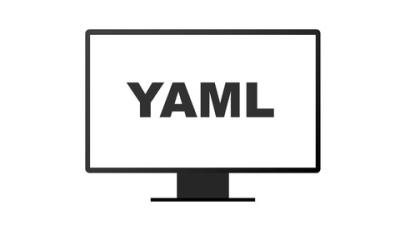Description
‘YAML Zero to Master’ course will help in understanding about YAML format, syntax and how to build, validate YAML files. By the end of this course, students will understand all the below topics,
- What is YAML (YAML Ain’t Markup Language) and introduction to it
- How YAML is different from XML (Extensible markup language) and JSON (JavaScript Object Notation)
- How YAML is similar inline style to JSON (is a superset of JSON)
- Understand how easy and simple to represent complex mapping inside YAML
- YAML use cases and why it is being used heavily inside Configurations management
- Thumb rules that needs to be followed in writing a valid YAML file
- Scalars inside YAML and how they represent a single stored value
- YAML support to Strings, Integer, Float, Date, Timestamp, Boolean, Null etc.
- How to write multiple lines of String using folded style and literal style inside YAML
- How YAML supports comments inside it and how to write them with the help of #
- YAML support to implicit and explicit typing
- How to write different types of date formats using !!timestamp data tag
- What are Sequences inside YAML and how to write it using Block style and flow style
- What are Dictionaries inside YAML and how to write them to represent related object details like Application, Person, Vehicle etc.
- What is the common structure inside YAML document
- How to write complex keys inside YAML using ?
- What are Anchors & Alias inside YAML. How to write them using & and *
- What is overriding/merging inside YAML and how to use inside Anchors and Alias using <<:
- How YAML supports multi-documents and how to write them using — & …
- How to validate YAML files using command line tools and yamllint which is a python package
- How to define custom configurations inside yamllint
- How to validate YAML files and convert them into JSON using online websites
- YAML real examples inside AWS Cloud Formation, Docker Compose and Kubernetes

